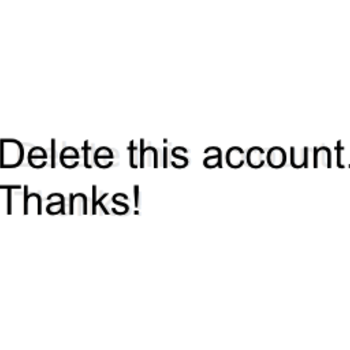How do you solve #4x²-12=0#?
2 Answers
Explanation:
Explanation:
Step 1:
Put all terms with
Step 2:
Divide the equation (both sides) by largest common coefficient of 4.
Step 3:
Square the equation (both sides) to obtain
Because 3 cannot be square-rooted to a whole answer, leave your answer in the root form.
Note:
In Step 2, you divided the equation by the coefficient 4. Take note that you cannot divide an equation by what you are finding (which in this case is
In Step 3, remember to always add the


